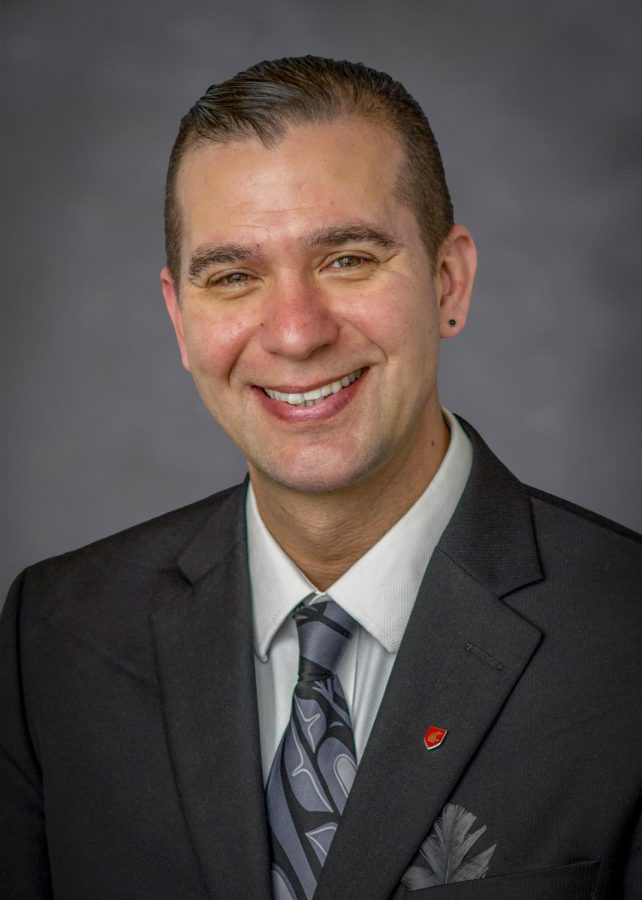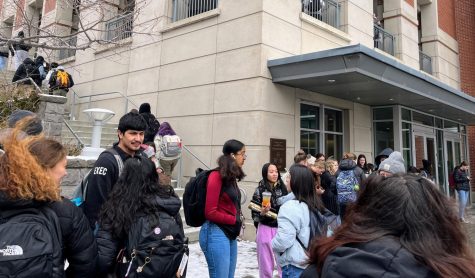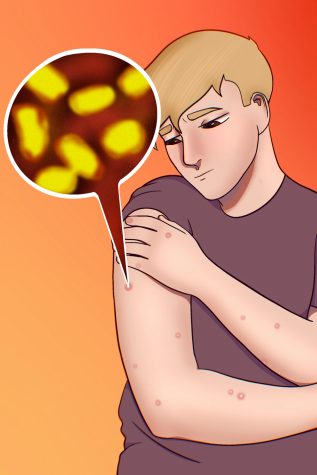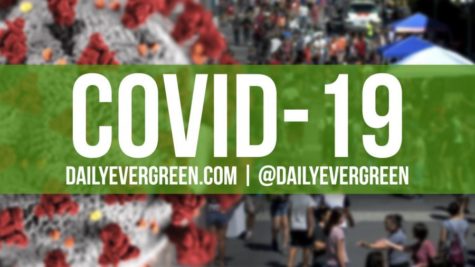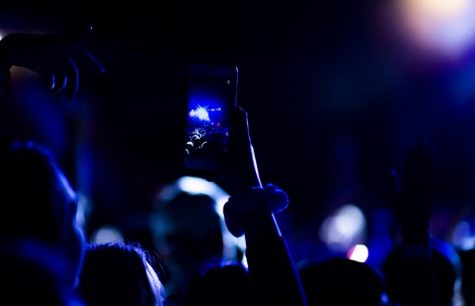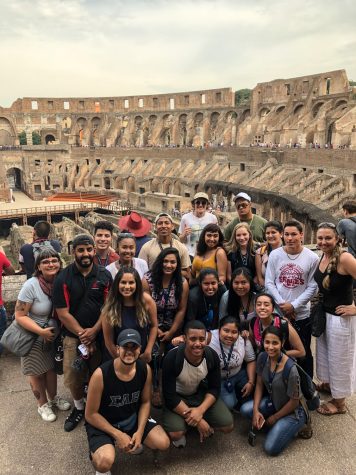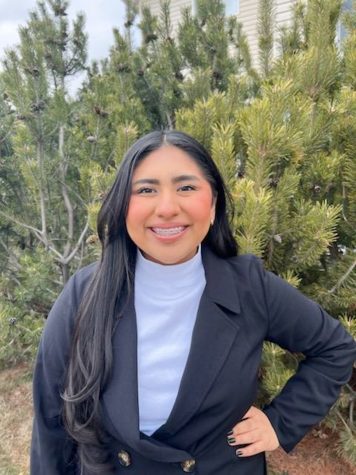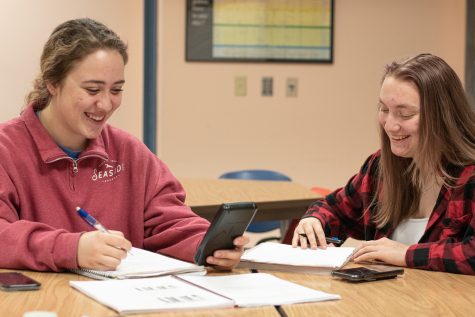WSU professor evaluates Indigenous populations’ reaction toward possible COVID-19 vaccine
National panel reviews protocols of vaccine studies; goal to provide culturally-relevant perspective on studies
As part of a panel that reviews the protocols of ongoing studies, Lonnie Nelson, associate professor at WSU’s College of Nursing, will ensure that Native American communities are accurately represented, so communities can decide how vaccines will be disseminated.
November 17, 2020
An associate professor for WSU’s College of Nursing in Spokane is concerned with the lack of Native American representation in the ongoing trials to find a COVID-19 vaccine.
Lonnie Nelson, associate professor at WSU’s College of Nursing, is evaluating how Native American and Indigenous populations will perceive potential COVID-19 vaccines as part of a panel funded by the National Institute of Allergy and Infectious Diseases.
The panel reviews the protocols of ongoing studies, including design, informed consent documents and advertising material, Nelson said. The ultimate goal of the panel is to provide culturally relevant perspectives on the studies they review.
Nelson will help the panel ensure communities are being accurately represented, said Celestina Barbosa-Leiker, vice chancellor for research and associate professor at WSU’s College of Nursing. This will allow communities to decide how and when they will disseminate vaccines.
Nelson said people in Native American communities generally have a distrust of the government and federally-funded research because of injustices they experienced in the past.
Native American communities across the U.S. are disproportionately affected by COVID-19 because they are at higher risk of experiencing health disparities, Barbosa-Leiker said.
If the trials do not include sufficient representation of Indigenous populations, Nelson said he cannot recommend the vaccine.
Nelson said researchers should oversample underrepresented groups to determine how effective vaccines will be for different communities. This is called subgroup analysis.
In one study, there were 30,000 participants, but less than 200 were Native American, Nelson said. The study’s participants were proportional to the country’s cultural population.
“In order to do subgroup analyses, you actually have to oversample the minority populations and have far more than just the proportion represented in the dominant population,” Nelson said.
The panel is trying to determine the best way to work with tribal communities across the nation and come up with effective strategies for dissemination, Barbosa-Leiker said.
Healthcare professionals must be aware of the way they communicate with certain communities and populations, Barbosa-Leiker said. It is essential to educate the next generation of healthcare professionals to be aware of various cultural practices so they can better treat their patients.
Nelson said the reputation and relationships he has built within Native American communities help him to successfully continue his research.
Nelson’s research focuses on health disparities that impact Native American communities, including smoking, dementia and Alzheimer’s disease, Barbosa-Leiker said.
Nelson created a program focused on science, technology, engineering, arts and math for Native American students, said Naomi Bender, director of Native American Health Services for WSU Health Sciences.
“He’s brought a lot of value that wasn’t there before,” Bender said.

